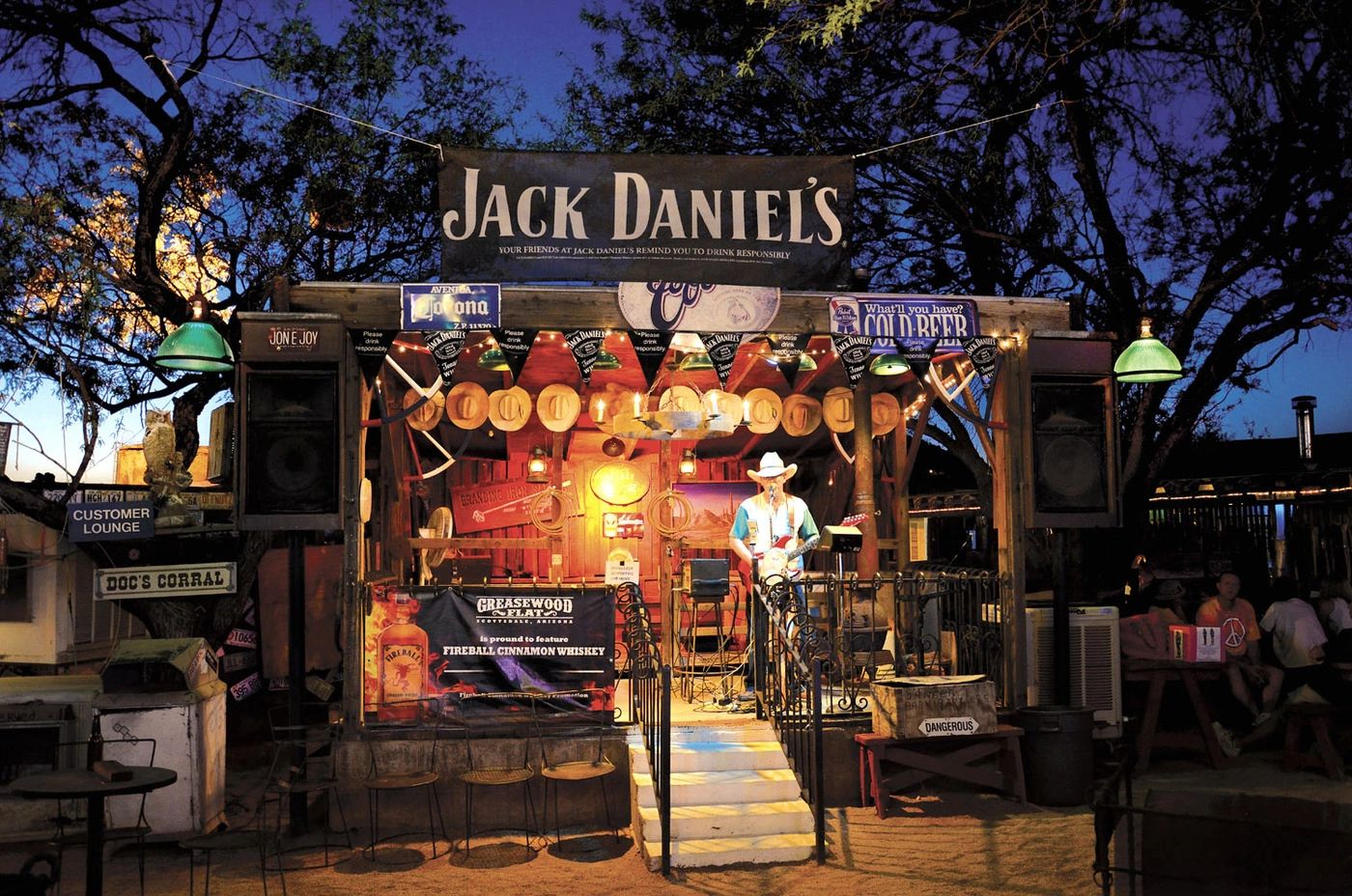

Each time, though, the Florida Beer Wholesalers Association killed the reforms with amendments that required microbreweries to sell, then buy back, their own beer to sell at their brewery taprooms and gift shops. Over the past two years, breweries and brewpubs have pushed to amend the container size law. But there is no restriction on how many times in a row you can do this, so College Me has personally (1) walked into a deli, (2) bought a 12-pack, (3) handed that 12-pack to an underage friend outside, and repeated steps 1–3 until we had enough booze to forget how expensive our tuition was. If you want a six-pack of Keystone Light in the Keystone State, you need to go to a bar, deli, or bottle shop with an “ eating place retail dispenser” license, which allows the purchase of up to 192 ounces at one time, or 16 twelve-ounce beers. You can only buy a case or a keg of beer at a privately run beer distributor, and I mean only a case or a keg: Pennsylvania beer distributors are prohibited from selling in smaller quantities.

Pennsylvania’s eccentricities don’t stop there. And in Pennsylvania, the state-run Wine and Spirit Shoppes (the extra “pe” is for “pricier ethanol”) are the exclusive retailers of both hard alcohol and wine, making the Pennsylvania Liquor Control Board the largest purchaser of wine and spirits in the United States. In the other half, the state maintains a direct monopoly. In half the control states, the government merely controls the wholesale distribution of hard alcohol. Perhaps the most egregious example of unwarranted state interference is also one of the most prevalent: Eighteen of our United States are “control” states, meaning that the government controls a monopoly on the sale of hard alcohol.


 0 kommentar(er)
0 kommentar(er)
